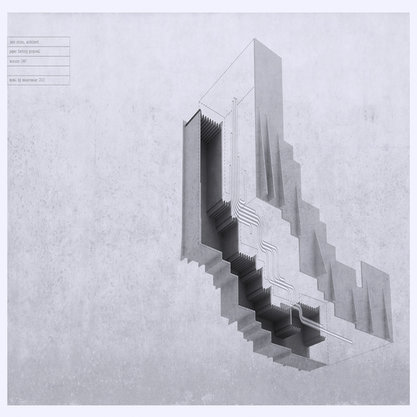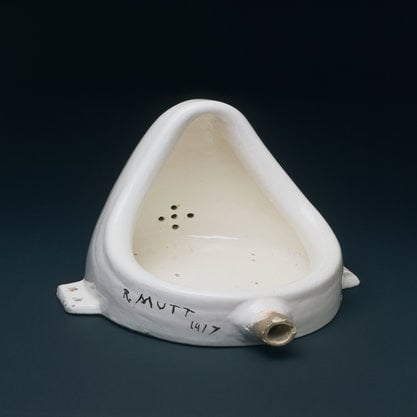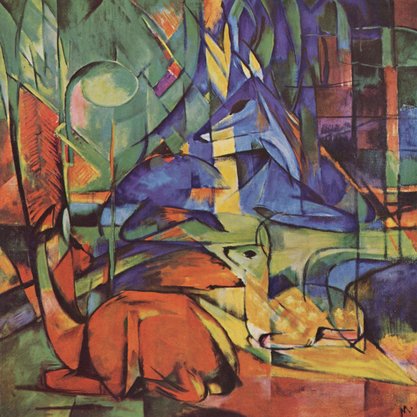Article
Shlonsky, Abraham (1900–1973) By Ofengenden, Ari
Article
Abraham Shlonsky can be regarded as the main architect of modern Hebrew poetry. He was born in 1900 to a socialist revolutionary mother and a Chassidic father in Kryukovo (East Ukraine) and emigrated to Palestine in 1922. Shlonsky first worked in agriculture as a pioneer at the kibbutz Ein Harod. He later moved to Tel Aviv to become a journalist, editor and translator. Early on Shlonsky rebelled against the romantic nationalism of Hayim Nahman Bialik and created a modernist symbolist style of poetry that was hegemonic in Israel from the 1930s until the early 1960s. Shlonsky’s poetry has had a decisive impact on Hebrew literature; more than any other poet, he is responsible for the transition from romantic to modernist poetry. The unique style that he developed became prevalent in Hebrew poetry from the 1930s until the early 1960s. More recently (2005), this style has experienced a renaissance via an influential group of young poets associated with the literary magazine Ho.





